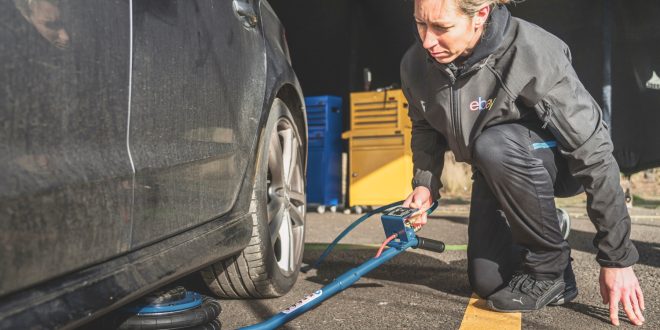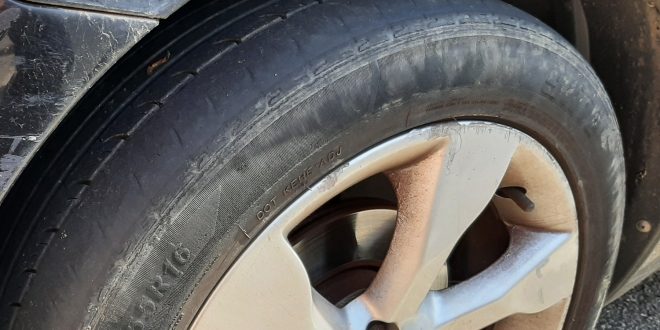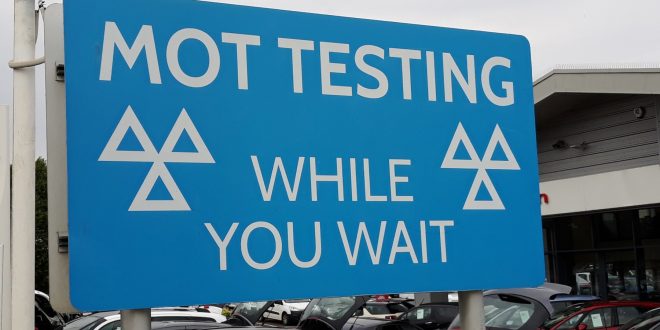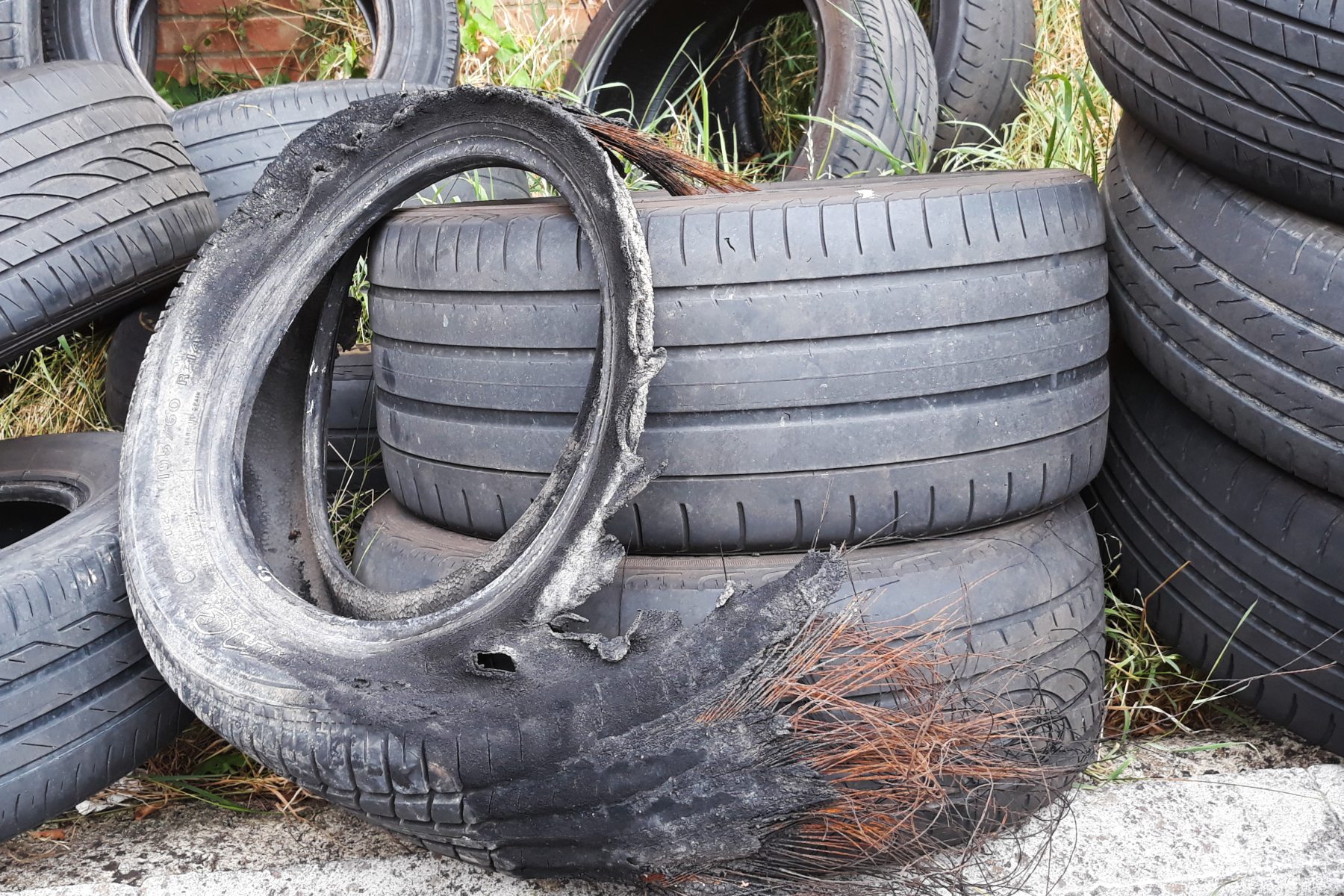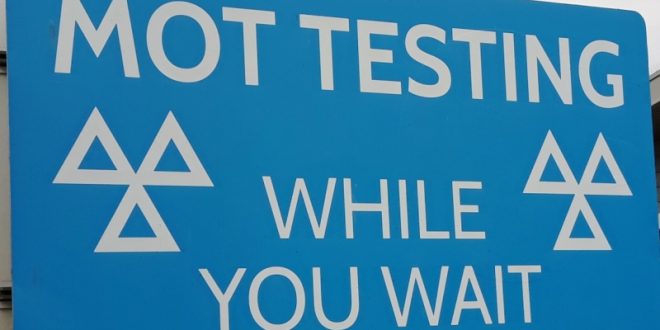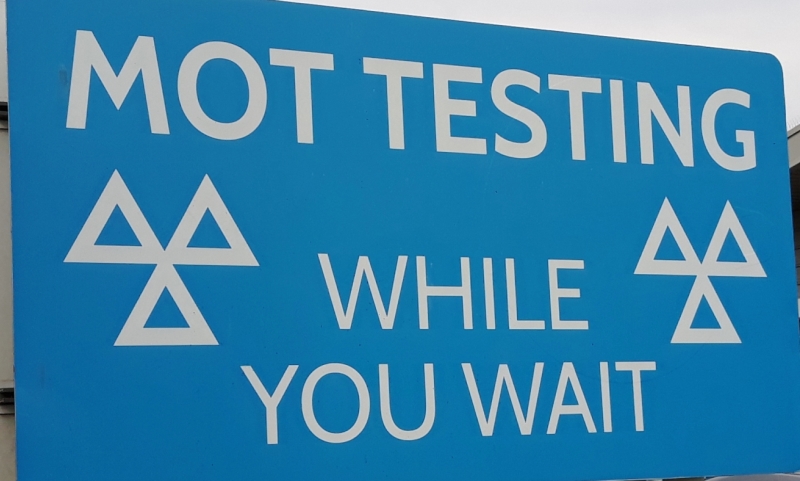1 day ago
Auto News
More than a third of drivers would rather fix minor car issues themselves than pay for a professional to do it, new research suggests.
According to eBay UK’s study, saving money is a key reason for savvy motorists taking on smaller repair jobs.
Worryingly, one-in-10 claimed they don’t think MOT advisories are a big deal, and nearly a quarter (22%) admitted to delaying repairs for as long as possible.
Also, 34% of motorists delayed getting MOT advisories fixed last year due to rising living costs, with another 33% stating that they were unable to afford the repairs.
The research also revealed that the most common MOT failure issues were inoperative lamps, reflectors and electrical equipment (23%), followed closely by suspension (18%), brake issues (14%) and defective tyres (13%) – many of which could be easily avoided.
Hannah Gordon, eBay UK’s expert mechanic, said: “The car is an essential part of many people’s lives, so being without it due to an MOT fail plays into the dread that many people feel around the annual test.
“Often, minor faults such as frayed windscreen wipers can be easily replaced, and by searching on eBay UK you can save time and money by sourcing and fitting the parts yourself.”
Check Also
Cost of living crisis is fuelling booming used car market
New research has highlighted the No 1 reason why more people choose used cars over …
